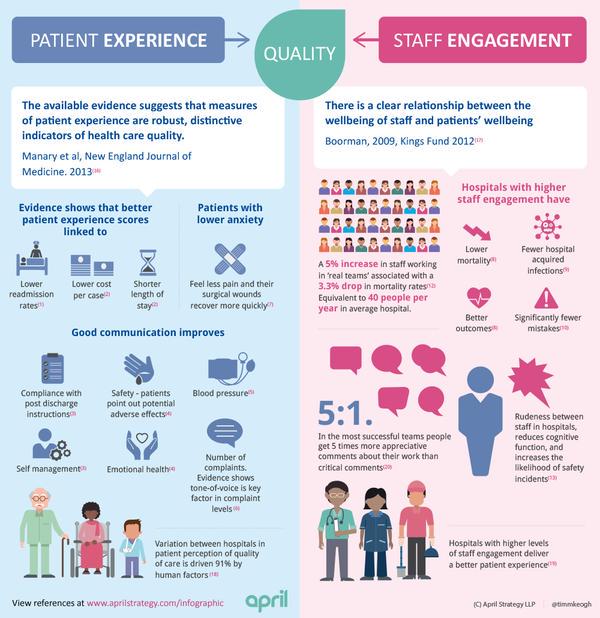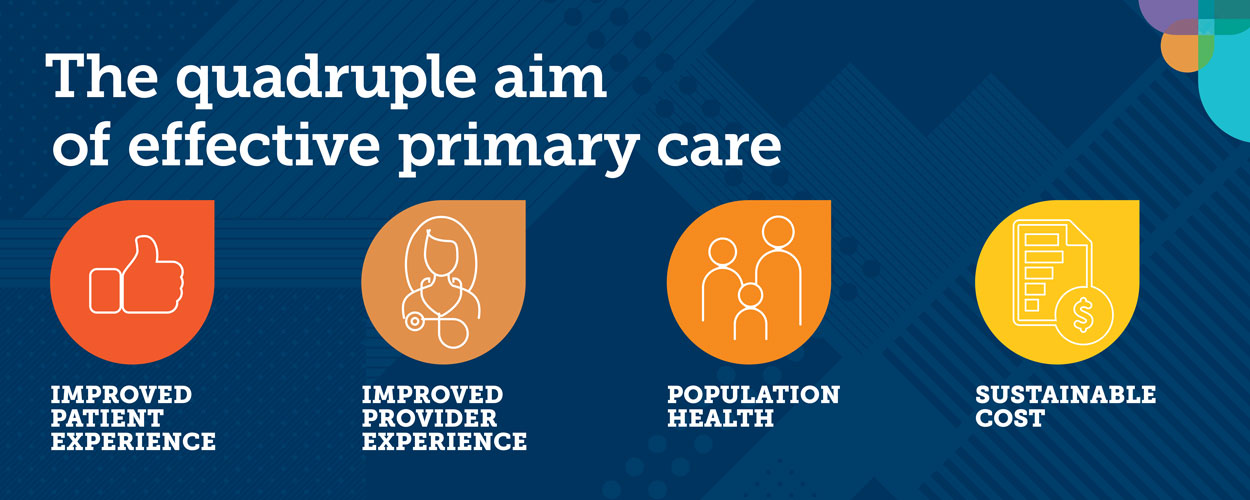

Jeremy Weisz,Co-founder and CEO, Greenspace Health John Young, SVP, Behavioral Health, Northwell HealthĮric Paul, President, Behavioral Health Services, HCA HealthcareĮlicia Bunch, Vice President, Behavioral Health, UCHealth Robin Henderson, Chief Executive, Behavioral Health, Providence How do we expand access through non-traditional partnerships, professionals and settings?.How do we integrate mental healthcare to expand access to mental healthcare services for youth?.Digital transformation has to be a component of the system: how is tech going to integrate into the system?.How do we redesign the care delivery system to shift towards whole-person care?.What is stopping us from truly integrating mental health care and primary care to treat the whole person, and how do we overcome this?.Transforming the system to embed mental healthcare and shift the focus towards prevention will be key to connecting more Americans to care and starting to tackle the mental healthcare crisis in the US. There is a big push to integrate mental health services into familiar settings, particularly primary care and schools, and expand access to telehealth to address and tackle this issue. On average, it takes 11 years after the onset of mental health symptoms for someone to seek treatment. We know that mental and physical health are inextricably linked, yet barriers remain which prevent people from seeking mental healthcare support.

Tristan Gorrindo, Chief Medical Officer, Optum Behavioral Careĭon Mordecai, MD, National Leader for Mental Health and Wellness, Kaiser Permanente Oleg Tarkovsky, Director Behavioral Health Services, CareFirst BlueCrossĭouglas Jacobs, Chief Transformation Officer, Center for Medicare What role will non-traditional professionals play?Ĭaroline Carney, President, Magellan Behavioral Health Chief Medical Officer, Magellan Health.How can we increase access to mental healthcare services for youth?.How can we best utilize tech and digital solutions to improve access to support?.What role do health plans and employers have in driving down costs of mental healthcare?.How can we not only increase access, but increase access to quality and equitable care for all populations?.What currently are the main barriers preventing people from accessing care, and what steps have your organization taken to address and overcome these barriers?.Over the last year, the Administration has invested resources to provide mental health and substance use support to make care more affordable and accessible, however despite this, achieving equitable access to care remains a huge hurdle the behavioral healthcare system still needs to overcome. The statistics are alarming and getting worse: nearly 1 in 5 U.S. Mental health is arguably the biggest health challenge of our time. Keynote Panel Discussion with Open Q&A: The Quadruple Aim: Lowering Costs, Improving Quality and Providing Equitable Access for Mental Healthcare


 0 kommentar(er)
0 kommentar(er)
